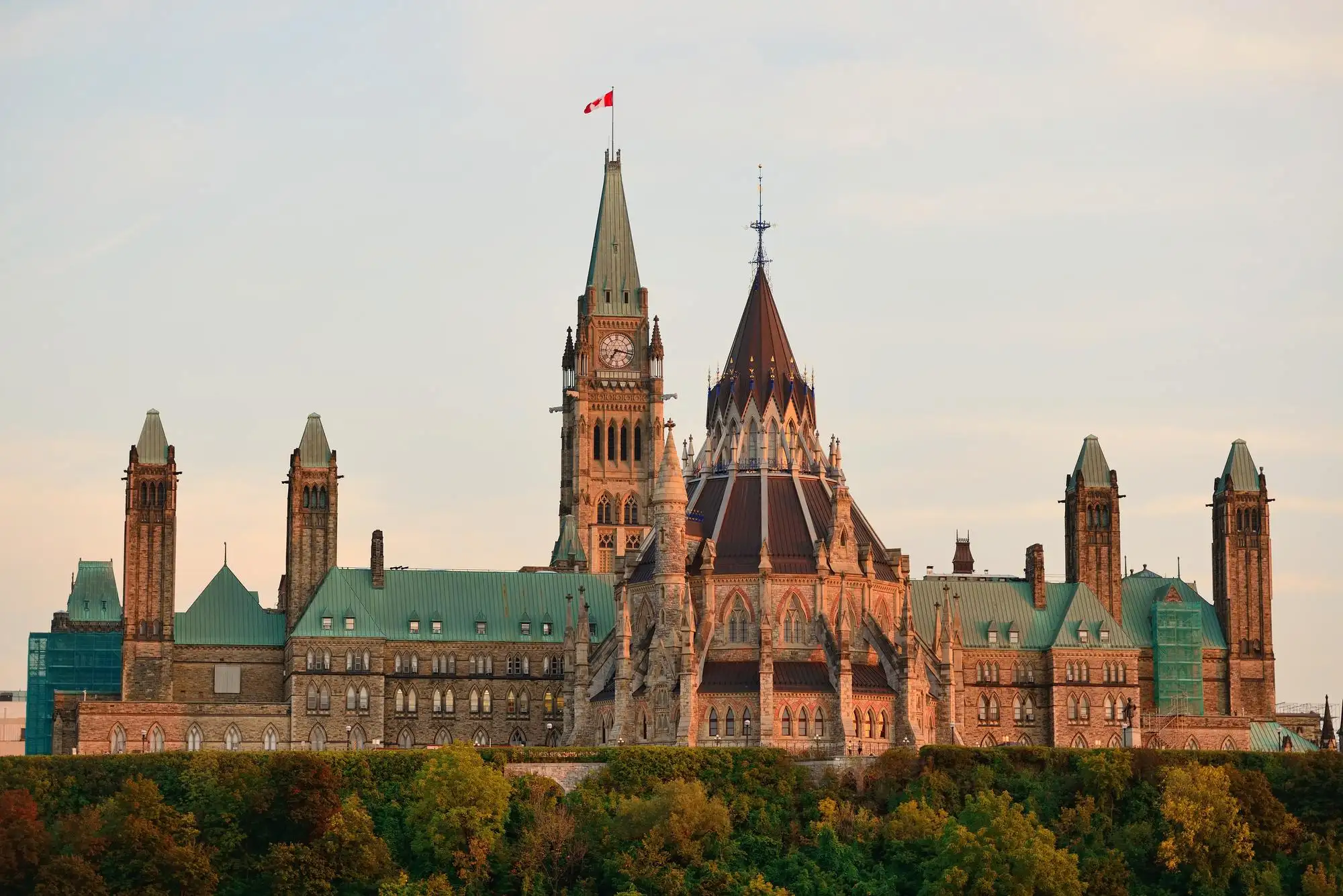Canadian Banks raise prime rate to 5.45%
On September 7, 2022, the Bank of Canada raised the policy interest rate by 75 basis points to 3.25%.
The Bank of Canada announced that it will continue its quantitative tightening policy, and more rate hikes will follow in an ongoing effort to control high inflation. Here’s the official statement stating that the target remains to get inflation down to 2%.
With the policy interest rate hike, Canada’s major banks have raised their prime lending interest rates by 75 basis points to 5.45%. Before the Bank of Canada’s announcement, the prime lending rate was 4.70%.
With interest rate hikes, the cost of borrowing is a lot higher. Those with a lot of debt should revisit their monthly budgets to see how projected rates will impact them in the coming months and make adjustments accordingly.
Although inflation decreased to 7.6% from 8.1% due to lower gas prices, inflation remains very high. This is another reason to keep your books up to date and keep track of your expenses.
Tax strategies to deduct interest to soften the blow of interest rate hikes
Moreover, if you’re not currently deducting your interest for tax, you may want to consider strategies sanctioned by the CRA to deduct interest. This will soften the blow of interest rate hikes. We can help review your corporate structure and debt to see if you are maximizing your interest deductions.
If you need help, we are here for you, so please feel free to reach out to us.


